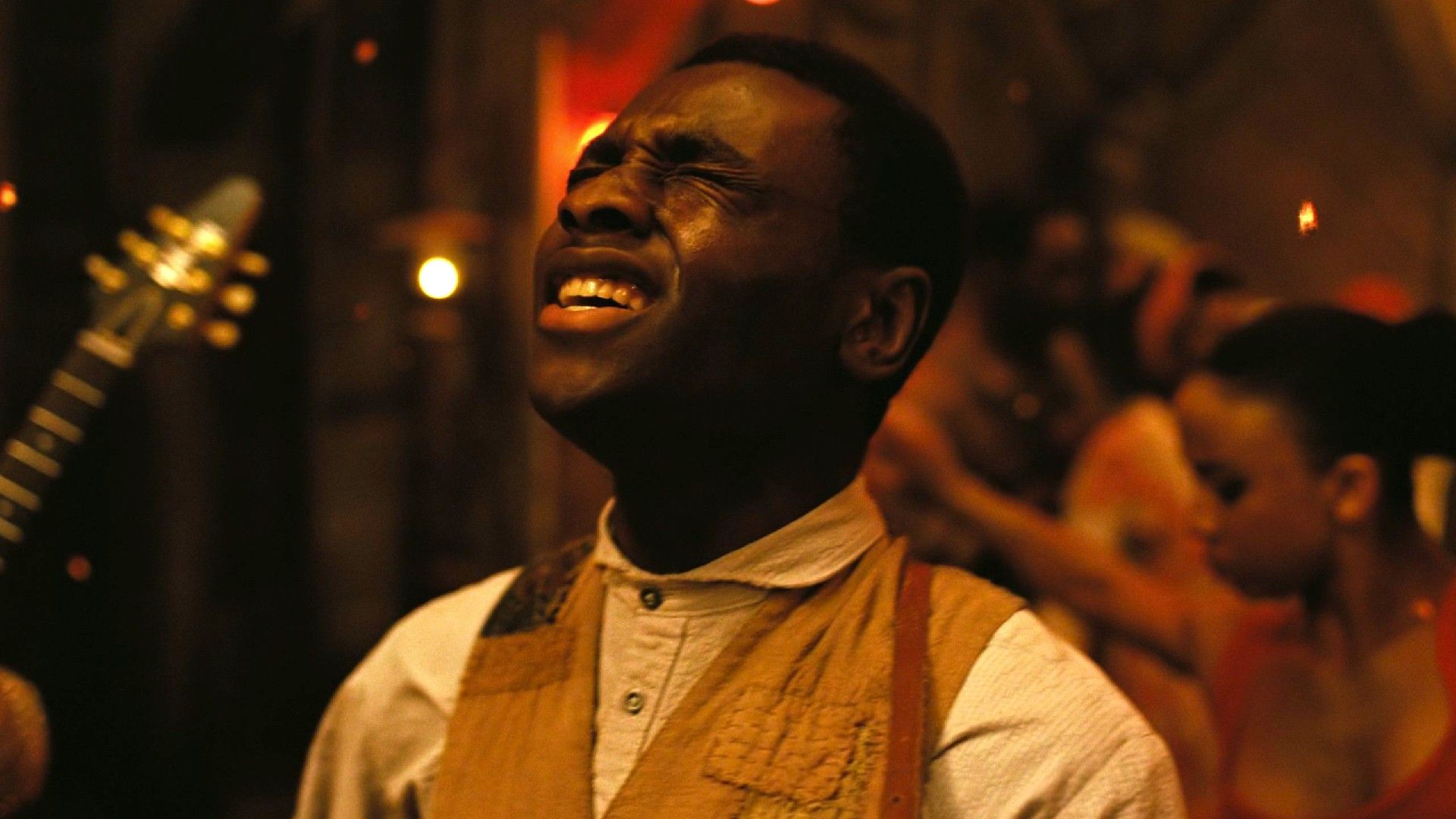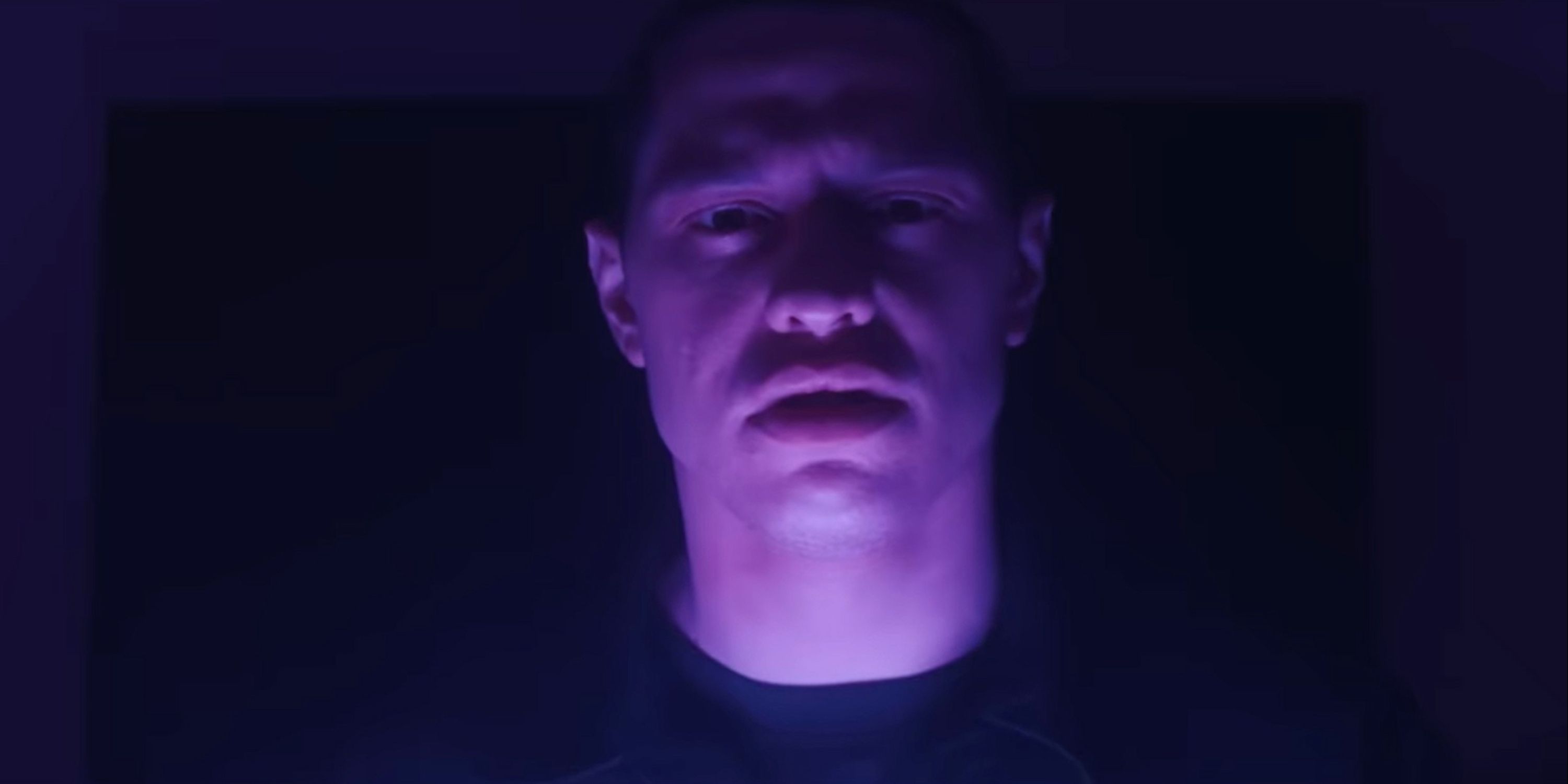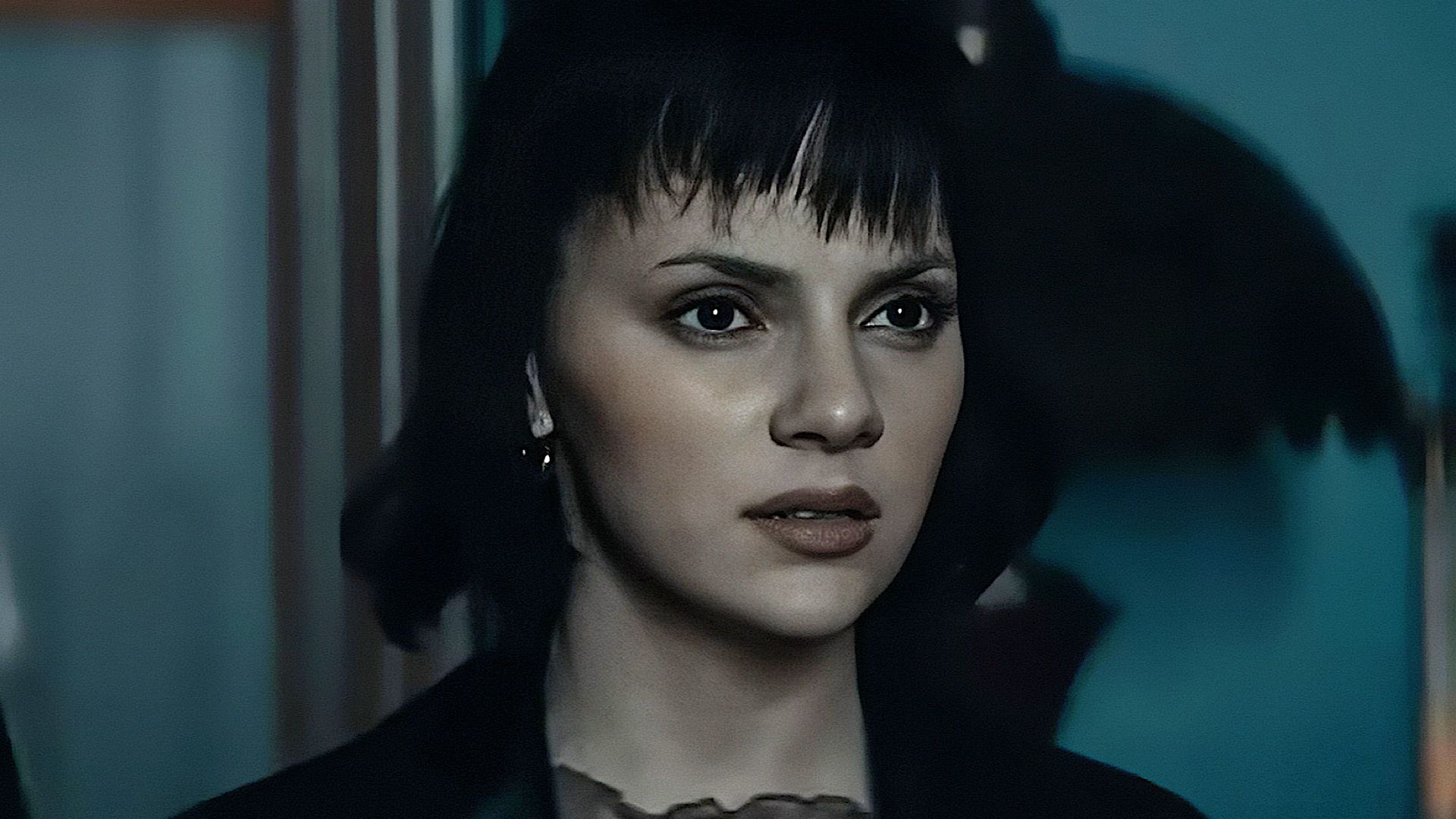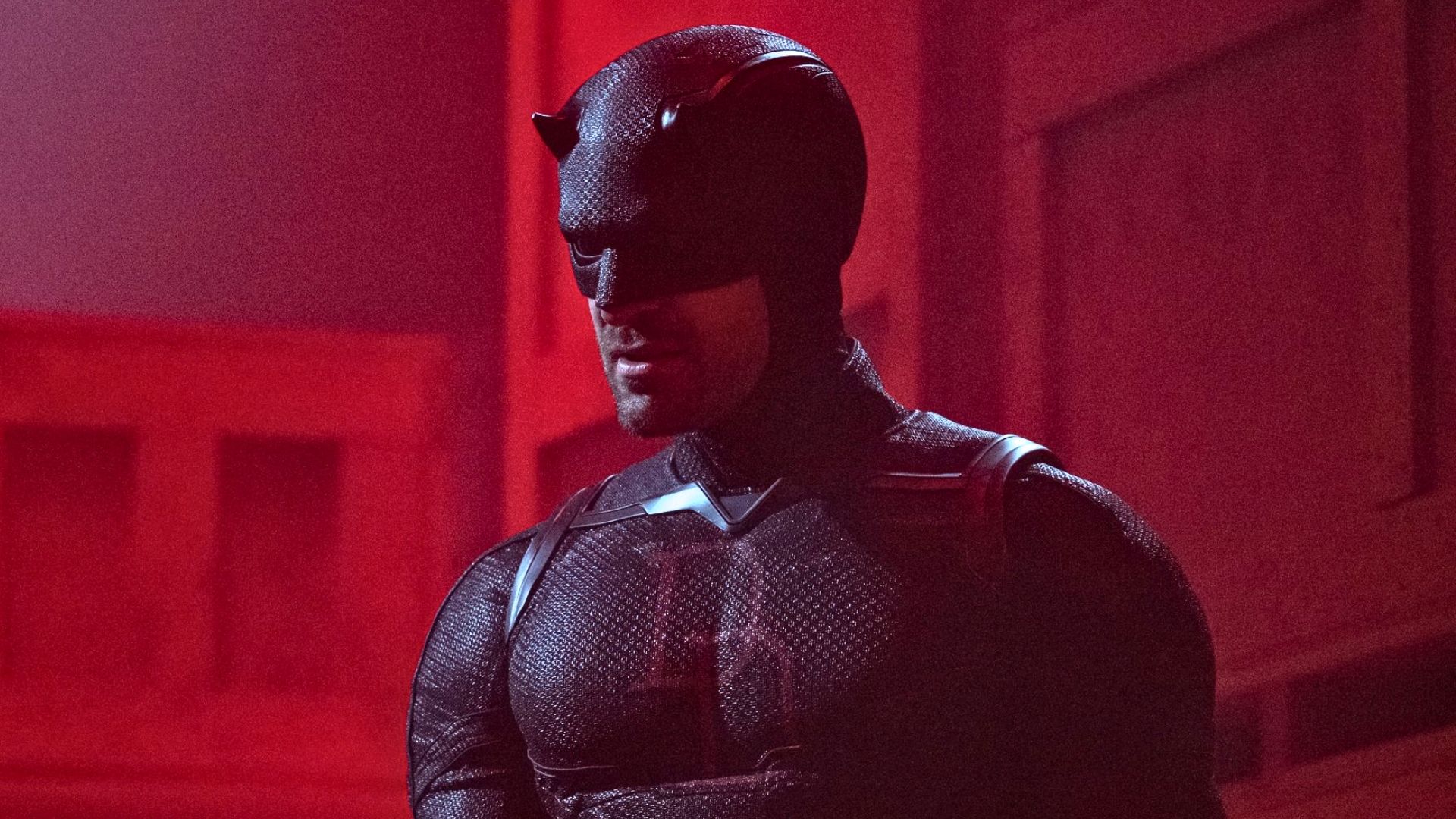eFootball 2026 Manchester B Club Selection pack review

This pack is designed for players who don’t want to spend real money, but you’ll likely be using your in-game coins to get it. Here’s my detailed review of the eFootball 2026 Manchester B Club Selection pack, and I’ll let you know if it’s a good value for your coins.







